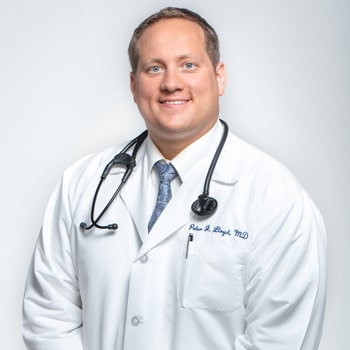Sjogren’s Syndrome
About Sjogren’s Syndrome: Symptoms, diagnosis and treatment in Encinitas, CA
Seaside Rheumatology and Wellness Center is conveniently located in Encinitas, CA, serving communities throughout the area. We offer advanced treatments for a variety of conditions, including Sjogren’s Syndrome.
What is Sjogren’s Syndrome?
Sjogren’s Syndrome is one of the more common autoimmune diseases. Sjogren’s can be a primary condition or secondary to another autoimmune disease. The disease results from specific immune cells, CD4+ T-cells and B-cells that infiltrate the exocrine glands and other tissues of the body.
Sjogren’s syndrome affects women more commonly then men, and can occur at any age of life. The disease is usually subtle at onset and progresses very slowly over time. Most patients will suffer from the disease for years before an official diagnosis is made. Sjogren’s Syndrome is mainly treated by a rheumatologist; however, other practitioners are commonly involved in patient care including, dentists, ophthalmologists, and neurologists.
Signs and symptoms
Typical manifestations include; dry eyes, dry mouth, parotid gland enlargement and pain with intercourse. Other symptoms will include joint pains, fatigue, rash, signs of peripheral neuropathy (nerve pain), vasculitis (inflammation of blood vessels), thyroid dysfunction and Raynaud’s phenomenon (color changes of the fingers due to cold temperatures). Patients with Sjogren’s Syndrome are also at risk for developing B-Cell lymphoma.
Diagnosis and treatment
A diagnosis of Sjogren’s is made using a combination of clinical symptoms, blood tests, eye tests, salivary gland ultrasound and, at times, salivary gland biopsy.
Treatment will vary from patient to patient depending on the symptoms manifested.
- For dry eyes, eye drops, or ointments are usually helpful and a first line therapy. Restasis can also be helpful for dry eyes and is usually covered by insurance. Punctal occlusion performed by an ophthalmologist may also be considered.
- Patients who suffer from dry mouth should follow a very strict dental hygiene routine. Saliva has protective properties that keep teeth strong and fight tooth decay. Oral wetting agents may also be helpful.
- The treatments for extra glandular symptoms will also vary depending on the symptoms.
Therapies used may include disease modifying antirheumatic medications (DMARDs), nonsteroidal anti-inflammatories, prednisone, IVIG, and biologics can all be used in the treatment of Sjogren’s Syndrome.
Because every case is unique, treatment is tailored to your specific needs. Call us at 760-509-2429 and schedule a consultation to find out how we can help you.





